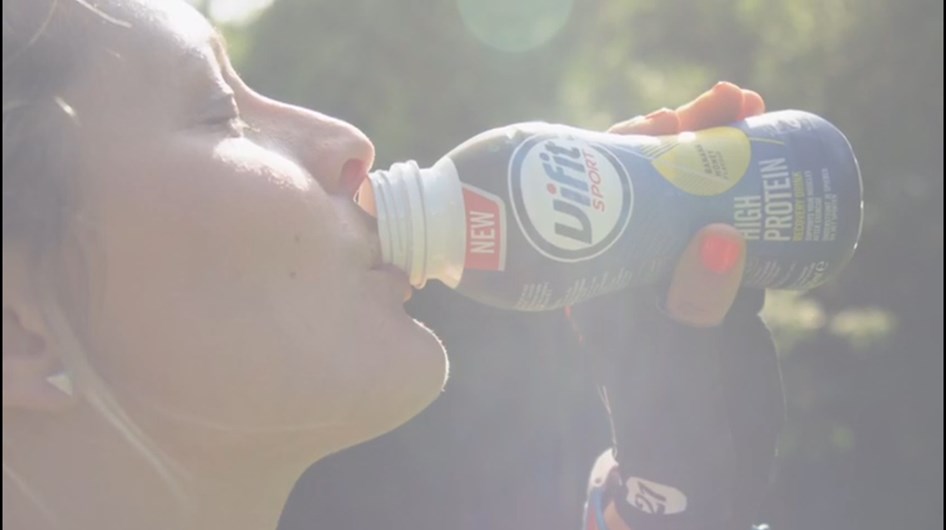Nutrition
I work with clients on their personal nutritional needs to ensure they fuel their bodies with the right balance of proteins, carbohydrates, and sugars to fulfil a healthy and active lifestyle.
Here are some top tips to help you get the right nutritional balance.
Breakfast
- Never skip breakfast - eating actually increases your metabolic rate (as does exercise) and if you miss your first meal of the day you will be sluggish and you won't burn as much energy.
- If you miss breakfast, your blood sugar drops really low. The result of this is that you feel really hungry before lunch and are more likely to snack. Low blood sugar also affects your hormonal balance, especially the hormones that control metabolism. As a result your body is duped into thinking it is in a state of fast and therefore it STOPS burning fat in case you need it later.
- The best breakfast contains protein as it helps keep blood sugar levels even (important for hormones which balance appetite/ fat burning). The ideal form for this is natural live yoghurt or poached eggs.
- As a guide; a protein portion should be roughly the size of your palm.
- Porridge is also excellent as oats are slow releasing, keeping you full up until lunch time.
- If you do eat toast/ bread make sure it's wholemeal as it's full of nutrients and fibre which help release energy more slowly and evenly.
Other meals
- Many people find that cutting down (but not eliminating) complex carbs is very effective for helping develop a leaner shape.
- Avoid white rice, white bread, white pasta. Instead, have smaller portions of wholemeal bread, brown rice or wholemeal pasta.
- Try to eat protein with every meal, preferably from lean high quality sources such as chicken and fish, and ideally from vegetarian sources such as beans or tofu.
- Protein is vital for keeping energy levels even and for giving you a feeling of fullness so you are not hungry 10 minutes after eating!
- At least half of your plate should be full of vegetables or salad and the greater variety of these you can eat the better as you will be getting a great range of vitamins and minerals from these.
- Raw vegetables and salad are especially good as they contain lots of fibre, which is important for eliminating toxins. We store toxins in fat, so if we have too many and are not getting rid of them we are more likely to store them up in fat cells on our thighs.
Snacking
- It is essential to snack as your body works better (and your metabolic rate stays elevated).
- Try to eat little and often.
- The problem is getting the right snacks, and the general rule is to avoid processed foods, those high in fat and those high in sugar.
- You need to eat fresh, natural foods which are low in sugar and preferably combined with protein to help make you feel full.
Try these healthy snacks:
- Nairns Oatcakes with hummus (1 or 2 oatcakes)
- Carrot/ Celery sticks with hummus/ tzatziki
- Unsalted and unroasted nuts - A small handful
- Seeds (sunflower, pumpkin, sesame, flax etc.) - a small handful
- Dried apricots - 6 or 7 Fruit
- Apples are especially good, but any fruit is great
- Small natural live yoghurt (unsweetened)
Drinks
- Drinking lots of caffeine confuses your body by triggering the release of adrenalin and you end up having highs and lows of energy and appetite. This causes your liver to stop breaking down/ processing fat as it believes (wrongly) you are in a high stress environment and you need all your energy to run/ commence battle!
- Replacing tea and coffee with herbal teas, decaf green tea, fresh mint, nettle tea and water is definitely recommended as they are caffeine free and helpful for eliminating toxins and aiding digestion.
- In general, avoid any foods if you do not know where they come from/ what's in them e.g. crisps that in no way resemble potatoes or fluorescent sweets/ drinks etc.
- All the food you eat should be fresh (i.e. it goes off if you don't eat it after a few days) and natural as that is what your body's happiest dealing with.
Alcohol
The odd glass is fairly harmful but the odd glass every night is not a good habit!
Binge drinking sessions are worse!
However, if you do enjoy a bit of partying or drinking, make sure you eat well beforehand and that you drink a glass of water for every alcoholic drink where possible and certainly drink plenty of water before you go to bed.
When you wake up in the morning drink more water but try to go out and do some gentle exercise and ‘sweat out’ the night before then eat good nutritious food and drink plenty of water again (or diluted juice).
water
Water is essential for flushing out toxins and many people who are overweight and don't drink any can find they lose a significant amount of weight in a short time just from starting to drink water without doing anything else. You should have about 2 litres a day - herbal tea would count towards this total, but normal tea and coffee actually dehydrate you further so you'd need more water to make up for this.
